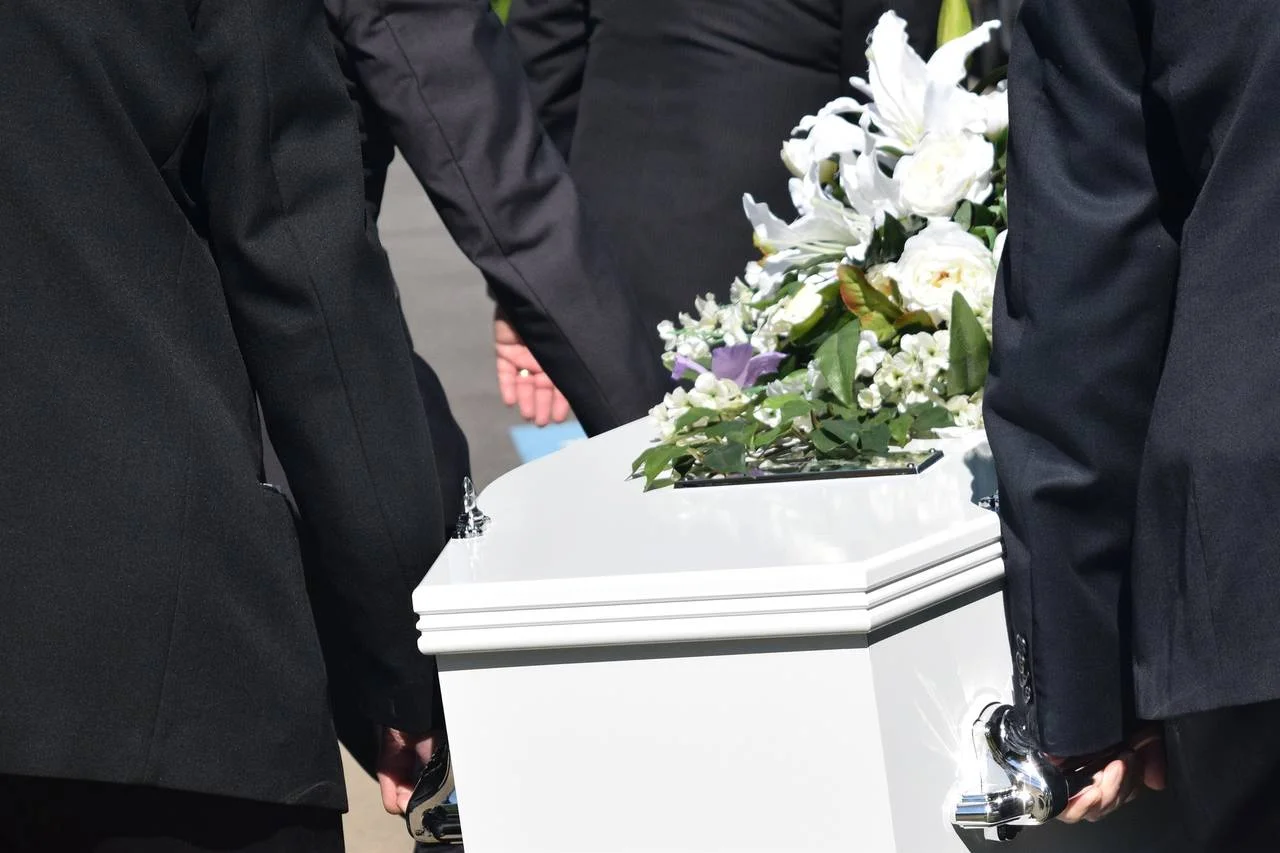Wrongful Death Laws in South Carolina: Legal Considerations in Medical Settings

Losing a loved one is an incredibly difficult experience, and when that loss is the result of medical negligence, understanding the legal aspects becomes crucial. This blog aims to provide informative insights into wrongful death laws in South Carolina, specifically focusing on legal considerations within medical settings. While the topic is undoubtedly sensitive, being informed about your rights can help you navigate this complex terrain with clarity and understanding.
Understanding Wrongful Death
Wrongful death refers to a death that is caused by the negligence or misconduct of another party. In the context of medical settings, this could involve instances where a healthcare professional fails to provide a standard level of care, leading to fatal consequences. South Carolina law allows surviving family members to pursue a wrongful death claim against those responsible.
Elements of a Wrongful Death Claim
To establish a wrongful death claim in South Carolina, certain key elements must be present. Firstly, it must be proven that the death was caused by the defendant’s negligence or intent to cause harm. Secondly, surviving family members, such as spouses, children, or parents, must demonstrate that they suffered measurable damages as a result of the death.
Medical Malpractice and Wrongful Death
Medical settings introduce a unique set of considerations when it comes to wrongful death cases. Proving medical malpractice involves establishing that a healthcare professional deviated from the standard of care expected in their field, and this deviation directly led to the patient’s death. It often requires expert testimony and a thorough examination of medical records.
Statute of Limitations
In South Carolina, there is a specific timeframe within which a wrongful death lawsuit must be filed. Understanding the statute of limitations is crucial, as failing to file within the prescribed period can result in the loss of the right to pursue legal action. Consulting with an attorney promptly after the incident is advisable to ensure compliance with this timeline.
Compensation in Wrongful Death Cases
Compensation in wrongful death cases can vary and is determined by factors such as the deceased’s earning capacity, medical and funeral expenses, and the emotional and financial impact on surviving family members. While no amount of money can replace a lost loved one, compensation aims to ease the financial burden and provide a sense of justice.
Consulting with an Attorney
Navigating wrongful death laws in the context of medical settings is a complex process that often requires legal expertise. Consulting with an attorney who specializes in wrongful death and medical malpractice can provide invaluable guidance. An attorney can assess the details of the case, help gather necessary evidence, and advocate for the rights of the surviving family members.
Conclusion
While the loss of a loved one in a medical setting is an emotionally challenging experience, understanding the legal considerations surrounding wrongful death is essential. By recognizing the elements of a wrongful death claim, the unique aspects of medical malpractice, and the importance of timely action, surviving family members can navigate this difficult terrain with clarity. Seeking legal counsel is a prudent step to ensure that the rights of those left behind are protected and that accountability is pursued in the face of medical negligence.

